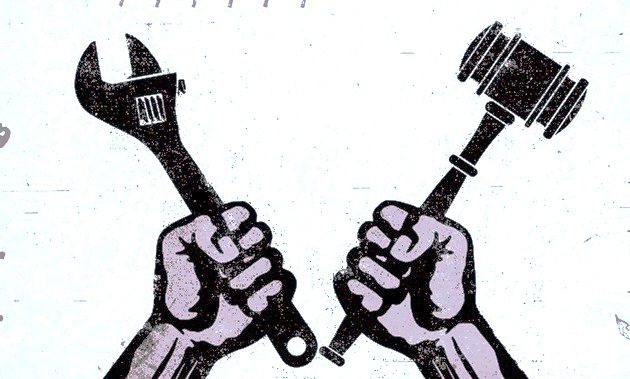What is 'resignation' in labor law?
In Fortuny Garments/Johnny Co v. Castro, the Supreme Court said:
Resignation is the voluntary act of an employee who is in a situation where one believes that personal reasons cannot be sacrificed in favor of the exigency of the service, and has no other choice but to dissociate from employment. Resignation is a formal pronouncement or relinquishment of an office, and must be made with the intention of relinquishing the office accompanied by the act of relinquishment. A resignation must be unconditional and with the intent to operate as such.
Moreover, the intention to relinquish an office must concur with the overt act of relinquishment. The act of the employee before and after the alleged resignation must be considered to determine whether in fact, he or she intended to relinquish such employment. If the employer introduces evidence purportedly executed by an employee as proof of voluntary resignation and the employee specifically denies the authenticity and due execution of said document, the employer is burdened to prove the due execution and genuineness of such document. (514 Phil. 317, 323. 2005)
Resignation is the voluntary act of an employee who is in a situation where one believes that personal reasons cannot be sacrificed in favor of the exigency of the service, and has no other choice but to dissociate from employment. Resignation is a formal pronouncement or relinquishment of an office, and must be made with the intention of relinquishing the office accompanied by the act of relinquishment. A resignation must be unconditional and with the intent to operate as such.
Moreover, the intention to relinquish an office must concur with the overt act of relinquishment. The act of the employee before and after the alleged resignation must be considered to determine whether in fact, he or she intended to relinquish such employment. If the employer introduces evidence purportedly executed by an employee as proof of voluntary resignation and the employee specifically denies the authenticity and due execution of said document, the employer is burdened to prove the due execution and genuineness of such document. (514 Phil. 317, 323. 2005)




